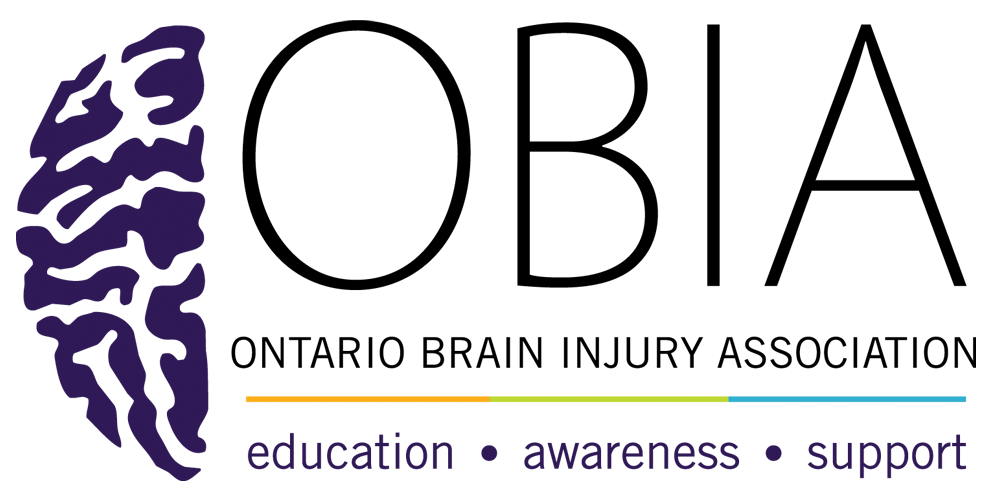Quick Facts
- Swallowing and chewing difficulties are referred to as “dysphasia”
- Very common immediately following a severe brain injury
- If the condition persists it may require long term management
What does it
look like?
- Coughing, choking, drooling
- Shortness of breath and/or breathing difficulties during the meal
- Not finishing meals and eating very slowly
- A hoarse or “gurgly” sounding voice
- Holding food or fluid in the mouth (i.e. pooling)
- Pocketing of food in the mouth (especially on the weaker side)
Possible Causes and Complications
Possible causes:
- Injury to nerves and muscles of the head, face and neck
- Injury to some areas of the brain, such as the brain stem or primary motor cortex
Possible complications:
- May lead to malnutrition and dehydration due to lack of food and fluid
- Food may get caught in the throat or enter air passage (aspiration)
- Chest infections can occur and lead to aspiration pneumonia
- Difficulty taking medications
- Quality of life can be impacted due to lack of enjoyment of meals and social gatherings
What can we do?
- Ensure your loved one is not eating alone, is in a comfortable setting, and is alert
- Make food as appetizing as possible to trigger the production of saliva
- Involve your loved one in food preparation to promote saliva and enthusiasm for eating
- Proper positioning is essential
- Place utensils on individual’s stronger side and within reach
- Ensure the correct diet textures as recommended by a health care provider
- Type of liquid: thickened or thin
- Type of solid: pureed, minced, soft, regular
- Present food to the individual slowly rather than all at once
- Allow time in between bites of food
- Check for pocketing and residue after feeding (especially in the individual’s cheeks)
- Remain upright for 30 minutes after a meal
- Encourage brushing and flossing after each meal and especially in the evening before bed
- Add vitamins and nutrients to foods
- Use specialized equipment (i.e. one-way straw for drinking)
- Ensure good oral hygiene and maintain moisture by using swabs and petroleum jelly
Disclaimer: This information is not meant to replace advice from a medical doctor. Consult a health care provider regarding specific medical concerns or treatment.

